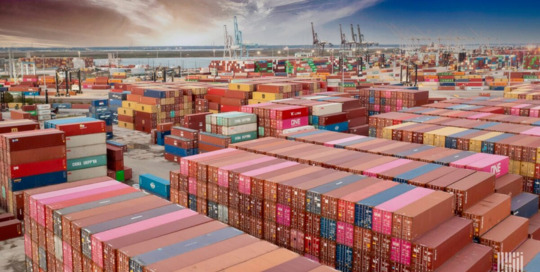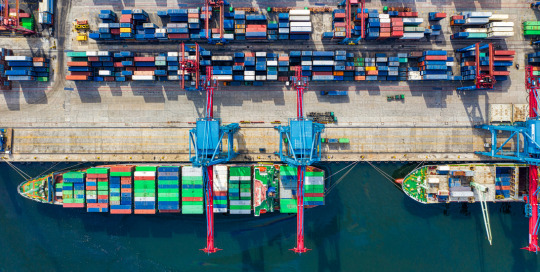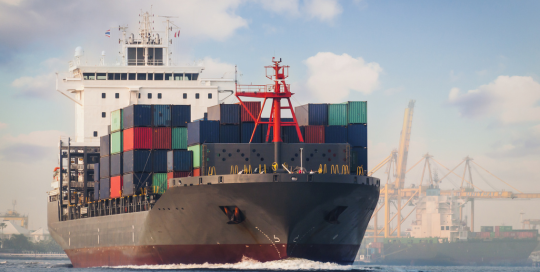This week, notable disruptions include the International Maritime Organization’s push for greenhouse gas emission charges, impacting global shipping, and the Francis Scott Key Bridge collapse in Maryland, complicating U.S. shipping flows. Legislative efforts in the U.S. aim to mitigate economic reliance on China, regulate ocean shipping, and modify trade policies, while Maersk’s new facility in Tijuana takes advantage of tariff exemptions to enhance e-commerce shipments to the U.S. These events reflect significant shifts and strategies within international trade dynamics. Read the full articles for detailed insights into these developments.
Weekly Freight Report: March 29, 2024
March 29th, 2024

Baltimore Bridge Collapse May Cost Billions, Dramatically Disrupt Supply Chains
The collapse of Maryland’s Francis Scott Key Bridge, caused by a collision with the MV Dali container ship, blocks access to the Port of Baltimore, disrupting shipping flows and requiring redirection to alternative ports.

How China Skirts Tariffs Into the US
Maersk’s new Tijuana warehousing facility leverages Section 321 to enhance U.S. e-commerce shipments, reflecting Mexico’s rising role in circumventing tariffs and boosting supply chain efficiency.

Baltimore Port Closure Puts Truck Drivers Who Haul Autos in a Bind
The Port of Baltimore’s closure significantly affects auto haulers and disrupts logistics, prompting truck drivers to reconsider their operational bases and strategies.

Legislative Update: China, Shipping, CAFTA-DR, EU, Digital Trade, Imports, Exports
U.S. legislative proposals aim to mitigate economic dependence on China, enhance ocean shipping regulations, and adjust trade and import-export policies.

The ‘No-Fail’ Mission to Protect the Red Sea Isn’t Working
U.S. and allied forces struggle to curb Houthi attacks on shipping routes through the Red Sea, impacting global trade and highlighting the challenge of countering Iran-backed aggression despite deploying advanced military resources.

IMO May Soon Require Major Charges for GHG Emissions from Global Ocean Carriers
The International Maritime Organization (IMO) is exploring mandatory greenhouse gas emission charges for ocean shipping, prompting debates on the allocation of the resulting revenues.




